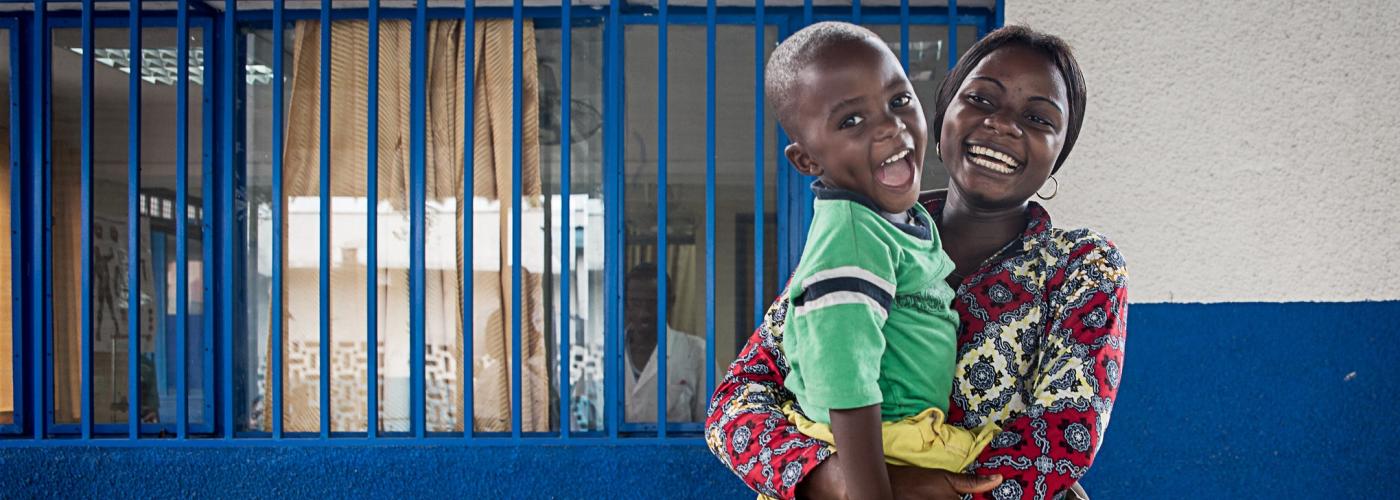This March, Marketlinks Explores the Care Economy
Image

This month Marketlinks will explore the care economy — a sector that is critical to economic growth, gender equality, and women’s economic empowerment.
The International Development Research Center (IDRC) defines the care economy as “the paid and unpaid labour and services that support caregiving in all its forms.” This includes childcare, elder care, and domestic chores such as cooking and cleaning both inside and outside the home. Per the Holding Co. and Pivotal Venture’s Investor’s Guide to the Care Economy: Four Dynamic Areas of Growth report, in the United States alone, the care economy is a $648 billion market and the World Bank’s Better Jobs, Brighter Futures: Investing in Childcare to Build Human Capital estimates that “the expansion of the childcare workforce to meet current needs could create 43 million jobs globally.”
The importance of improving the care economy was amplified by COVID-19, and per the Evidence Review of the Global Childcare Crisis and the Road for Post-COVID-19 Recovery and Resilience report, the “effects of COVID-19 on women’s economic empowerment can be seen through four key pathways: 1) the disruption of education and early learning; 2) the existential threat to the childcare sector; 3) increased household care burdens; and 4) the loss of employment and income.”
By learning from existing evidence and proven approaches, improving the care economy has the potential to have substantial economic and development impact. For instance, the IFC Tackling Childcare reports support the business case and the role of the private sector, and the ILO Care Work and Care Jobs for the Future of Decent Work report explains a 5R Framework for Decent Care Work: Achieving a high road to care work with gender equality. In addition, the IDRC and the Soros Economic Development Fund launched a research initiative “to help transform the care economy through impact investing.”
The USAID Gender Equality and Women’s Empowerment Hub (GenDev) in the Bureau for Development, Democracy, and Innovation (DDI) is hosting this month’s MarketLinks in honor of International Women’s Day on March 8th and Women’s History Month. GenDev is joined by colleagues specializing in economic growth, child and social protection, inclusive development, health, and education. Over the month of March, there will be four blogs focused on: 1) women’s wage employment and the care economy; 2) innovative financing for the care economy; 3) using a market systems approach to access affordable, safe, and high-quality childcare; and 4) developing human capital, productivity, and inclusive economic growth through the care economy. Furthermore, a webinar will be held at the end of March.
We would like to learn from your expertise and experience to collectively advance the global care economy dialogue. We encourage you to attend the webinar, submit a blog post, respond to others’ blogs, share on LinkedIn, and join the conversation on Twitter by retweeting @Marketlinksorg and @USAIDGender. We also invite you to join the USAID Women’s Economic Empowerment Community of Practice by emailing fundcop@banyanglobalgita.com. Please email info@marketlinks.org to submit care economy information that you would like to share.
Care economy resources:
- Care Economy Knowledge Hub
- Better Jobs and Brighter Futures: Investing in Childcare to Build Human Capital
- Evidence Review of the Global Childcare Crisis and the Road for Post-COVID-19 Recovery and Resilience
- Tackling Childcare
- The Investor’s Guide to the Care Economy
- It’s Time to Invest in Global Childcare
- The Care Work and The Economy Project
- Care Work and Care Jobs
- Whose Time to Care? Unpaid Care and Domestic Work during COVID-19
- Developing Care
- Womens work: mothers, children, and the global childcare crisis
This post is co-authored by Jennifer Hansel, Team Lead and Senior Advisor - Women’s Economic Empowerment, Gender Equality and Women’s Empowerment Hub, USAID Development, Democracy, and Innovation (DDI) Bureau, and Caitlin Hurley, Senior Adviser for Education Finance, Zemitek LLC Contractor in the Center for Education, USAID DDI Bureau. The authors are grateful for the contributions of Jamie Gow, Children in Adversity Team Lead and Sr. Technical Advisor, and Anastasia de Santos, Economist, of USAID DDI Bureau, as well as Gigi Koch, Women’s Economic Empowerment Program Analyst, USAID Contractor: PM Consulting Group, and Sweta Saxena, Health Systems Advisor, USAID Contractor: Public Health Institute.

